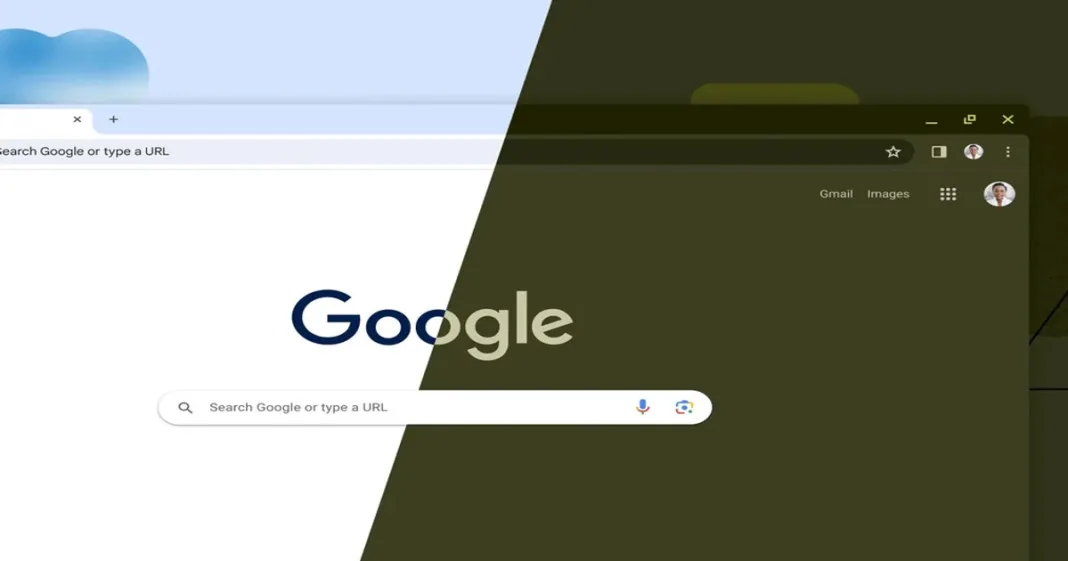Google is making significant strides to bolster security for Chrome, the world’s most popular browser with 3 billion users. The latest update introduces a critical new feature aimed at preventing users from downloading dangerous files. This change, highlighted by Windows Report, replaces the current method of warning users with a small dialog box with a more assertive, full-page alert.
Read More: Google eyes record-breaking $23 billion acquisition of cybersecurity startup Wiz
The new bright-red, full-page interstitial warning states, “Download warning: This file contains malware or comes from a suspicious site.” This drastic approach ensures users cannot easily ignore the warning and must deliberately choose to proceed with the download if they accept the risk. Additionally, a survey feature asks users to explain their reason for downloading potentially harmful files, emphasizing the importance of caution.
Privacy and Tracking: A Persistent Challenge
Despite these security improvements, Google continues to face scrutiny over its tracking practices. Apple’s recent privacy-focused advertisements criticize Chrome’s reputation for tracking users, promoting Safari as a safer alternative. Google’s response, the Privacy Sandbox initiative, aims to replace tracking cookies with anonymized user profiles. However, Apple argues this approach still falls short of eliminating digital fingerprinting.
Google’s efforts to enhance Chrome’s security include leveraging AI to evaluate risky page visits and implementing background defenses against session cookie theft and memory safety bugs, which often lead to zero-day vulnerabilities. However, balancing user protection with the need for targeted advertising remains a challenging tightrope walk for Google.
Urgent Security Update for Zero-Day Vulnerability
In a separate but equally crucial development, Google has released an emergency security update to address a zero-day vulnerability actively exploited by hackers. Users of Chrome on Windows, Mac, and Linux are urged to update their browsers immediately to mitigate the risk of unauthorized access to personal data.
The vulnerability, identified as CVE-2024-4671, poses a severe threat, with Google confirming the existence of an exploit in the wild. Manas Chowdhury, VP of cloud security company AccuKnox, warns that this bug could allow hackers to exploit poorly managed memory, potentially leading to system crashes, corrupted data, and unauthorized control of affected devices.
Read More: Are pop-up ads on Google Maps putting drivers at risk?
Google’s emergency update, which brings Chrome to version 124.0.6367.201/.202 for Mac and Windows and 124.0.6367.201 for Linux, is rolling out over the coming days and weeks. Users are strongly advised to install the update immediately to secure their browsers against potential attacks.














